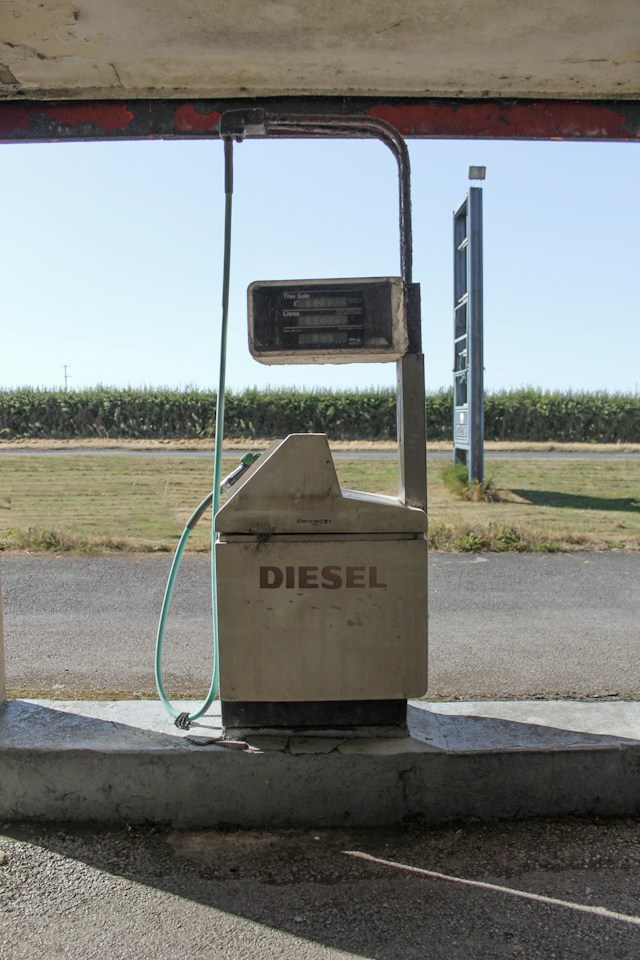Belize is a net oil importer that could be exposed to fluctuating energy prices, so adopting climate change policies could have significant positive repercussions for its macroeconomy.
Mitigation targets for India may include expanding renewable energy production, decreasing electricity energy intensity and fossil fuel use in transport, protecting forest reserves and improving sustainable forest management practices. Unfortunately, unilateral carbon tax increases may not be possible but feebates could provide enhanced mitigation incentives within its tax system.
Consumption Patterns
From 1980-2012, Belize’s energy consumption increased four-fold while its dependence on imported energy products such as fuels and electricity also grew significantly. Belize’s dependence on imported energy increased its vulnerability to fluctuations in international oil prices as well as associated acquisition costs.
Authorities must, therefore, take extra care to devise and implement an energy policy that minimizes this vulnerability. According to staff’s analysis, GDP growth correlates directly with energy consumption – suggesting that improving overall energy efficiency and diversifying sources could lower risks to short-term growth as well as potentially increase long-term GDP potential.
High fuel prices are well-documented to inhibit economic activity and growth in net oil-importing economies like Belize. Yet understanding this is only half the battle; higher prices ultimately represent input costs to businesses; passing these onto consumers could increase inflationary pressures further and hamper economic activity.
As a result, the government has taken measures to lower energy-related costs, including cutting taxes on diesel and gasoline products and adjusting their pricing structures to reflect import costs. Furthermore, efforts have been taken by the government to enhance energy efficiency throughout its economy by replacing older vehicles with more energy-efficient models as well as upgrading equipment and machinery that uses less power.
However, fiscal policies need to be strengthened and the business environment improved further. Authorities need to safeguard the fiscal savings achieved during FY2021-22 by maintaining existing savings while continuing with additional fiscal consolidation measures. Infrastructure spending needs to increase due to additional revenues or prioritizing spending differently while crime prevention expenditures need to increase as well. In addition, authorities must continue strengthening financial sector supervision and improving their AML/CFT framework.
External positions remain moderately weak due to an accumulated deficit and limited access to foreign funding. Over the medium term, authorities’ goal of bringing public debt ratio down below 50 percent of GDP should be pursued via additional fiscal consolidation efforts and structural reforms that foster growth.
Trends in Fuel Prices
Belize, like any oil-importing nation, is susceptible to fluctuations in fuel costs. We’ve seen elsewhere how high energy costs can severely inhibit economic development and limit consumers’ disposable incomes – an issue governments and businesses alike should take seriously.
Government issued a press release this week outlining all of the steps it has been taking to prevent fuel price increases, including negotiations with Puma Belize Ltd to keep diesel and regular gasoline prices as low as possible; expanding fuel subsidy programs from key foreign currency-earning sectors like sugar and banana production to tourism operators; as well as expanding GOB’s subsidy programs so as not to shortchange foreign exchange earners like sugar producers or banana growers – though such measures are expected to result in budget losses of $20 million by year’s end.
What we are witnessing today, however, is a staggering rise in fuel costs over recent weeks due to Russia’s war with Ukraine causing global prices to skyrocket and send ripple effects through society; while some business owners may be able to pass some costs onto consumers directly – for others however they simply are unable.
Companies who pass along some of their increased costs to consumers understand that doing so could contribute to consumer inflation – an action which poses a substantial threat to business growth.
Fuel costs have also had a devastating effect on an essential sector of our economy – private businesses and individuals who work tirelessly to boost growth are being severely hampered by rising fuel costs, severely hampering their ability to pay their fuel bill and their ability to make ends meet. Love News decided to visit taxi drivers on the streets of Belize City in order to see firsthand how fuel price fluctuations had negatively impacted their ability to make an adequate living.
Vehicle Efficiency
Before making a purchasing decision in Belize, it is crucial to carefully evaluate vehicle efficiency levels of different car brands available here. Certain models may consume more fuel than others and this can have an enormous impact on overall costs associated with ownership in this country. Furthermore, availability of spare parts and servicing locations should also be taken into account – this factor becomes especially pertinent in Belize where certain brands may have less of an presence than others.
As an oil importer, Belize is vulnerable to fluctuations in global crude oil prices and their acquisition costs, but this can be mitigated through government initiatives that aim to keep pump prices lower, increase efficiency and provide targeted relief measures for consumers.
Even with its challenges, Belize still boasts several car brands that deliver excellent gas mileage and performance, such as Kia, Ford and Nissan (which offer various SUV models for off-road use). Furthermore, these vehicles come with reasonable pricing tags.
For urban commutes, smaller models should be preferred as they save both money and carbon emissions while remaining easily maintained and fueled with regular gasoline.
As part of your purchase, it is also essential to verify that the vehicle complies with valid motor vehicle insurance. This is a legal requirement in Belize and breaking it can have serious repercussions if caught driving without it. In addition to third party act private use coverage and comprehensive policies – covering damages caused by collisions or theft – comprehensive policies can provide further peace of mind.
Acquiring a driver’s license in Belize is generally straightforward. To do so, you’ll need to present proof of identity, take an adapted written test (different from North American or European rules), and finally take an in-car driving test – typically taking about three months in total and available through local council traffic departments.
Impact on the Environment
As is true for other oil-importing economies, Belize relies heavily on imported energy to power its economy. Between 1980 and 2012, energy consumption quadrupled due to an explosion in economic activity; import bills for fuel products and electricity rose 117% with net imports increasing 47% during that time. These developments left Belize more susceptible to fluctuations in international oil prices – the main driver of energy prices – making its economy vulnerable. To reduce oil price shocks further, authorities’ strategy includes efforts to enhance energy efficiency while diversifying its sources.
Climate change effects in Belize range from hurricanes, flooding, coral bleaching and coastal erosion threatening tourism industry to sea level rise, droughts and changing weather patterns – with ecosystem resilience-building becoming ever more essential to safeguard natural resources as well as reduce economy vulnerability.
Authorities in Belize are making concerted efforts to combat environmental degradation through various initiatives, such as conservation of marine resources and mangroves, introduction of climate-smart agriculture practices, creation of early warning systems for floods and sustainable forest management practices. Unfortunately, their efforts are constrained by low levels of public finances which focus on disaster response rather than climate mitigation or adaptation investments; Belize only boasts small domestic savings and weak financial sector making mobilization of resources difficult.
This assessment is being undertaken under the framework of the IMF’s third pilot Climate Change Policy Assessment for Small States (CCPA), under which it works with selected low-income countries to help them understand and mitigate climate change’s expected economic effects while protecting long-run fiscal and external sustainability. Led by Adrienne Cheasty and Daniel Leigh of the Western Hemisphere Department, with additional support provided from Headquarters including Alejandro Guerson and Paula Cifuentes Henao for their insights and analysis.
Belize’s Climate Change Poverty Analysis report was developed through an intensive collaboration between authorities and IMF staff, drawing upon an intensive stakeholder consultation process that began prior to submitting its Nationally Determined Contribution to the Paris Agreement in 2016. The final document includes detailed costings but additional work remains for covering adaptation priorities in key sectors including agriculture/food, forestry/fisheries resilience, tourism infrastructure resilience energy transport health.




